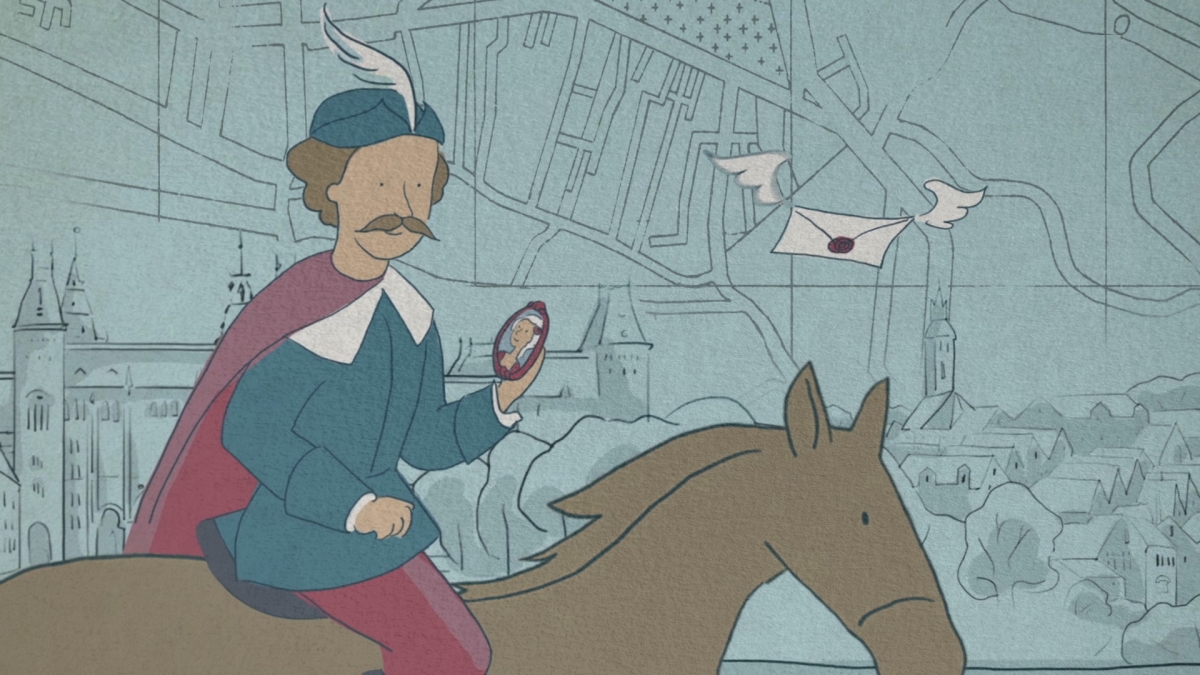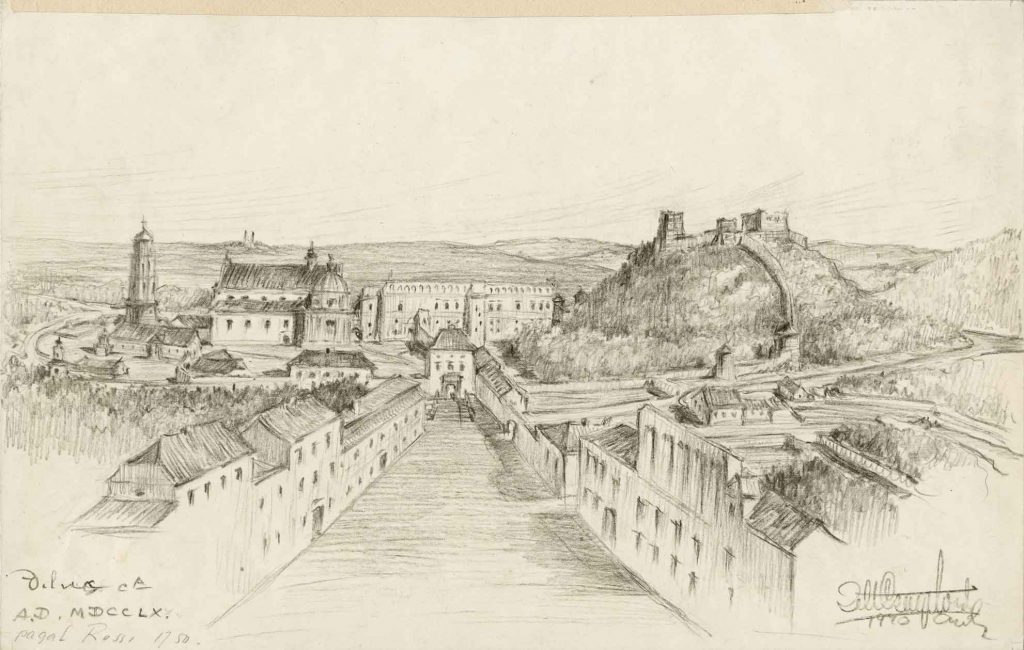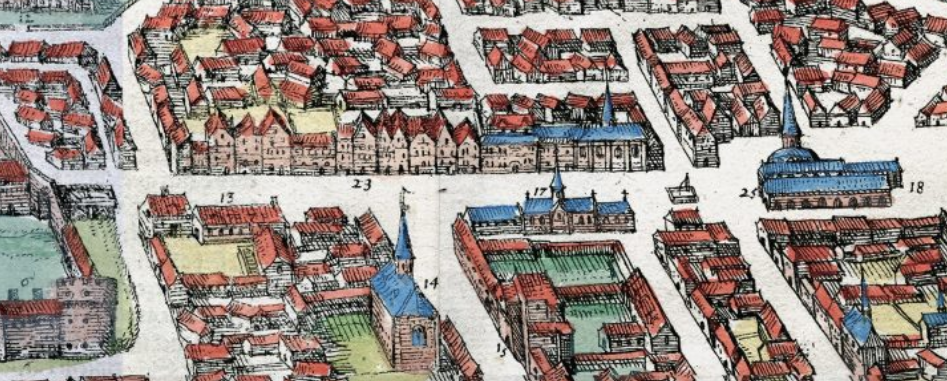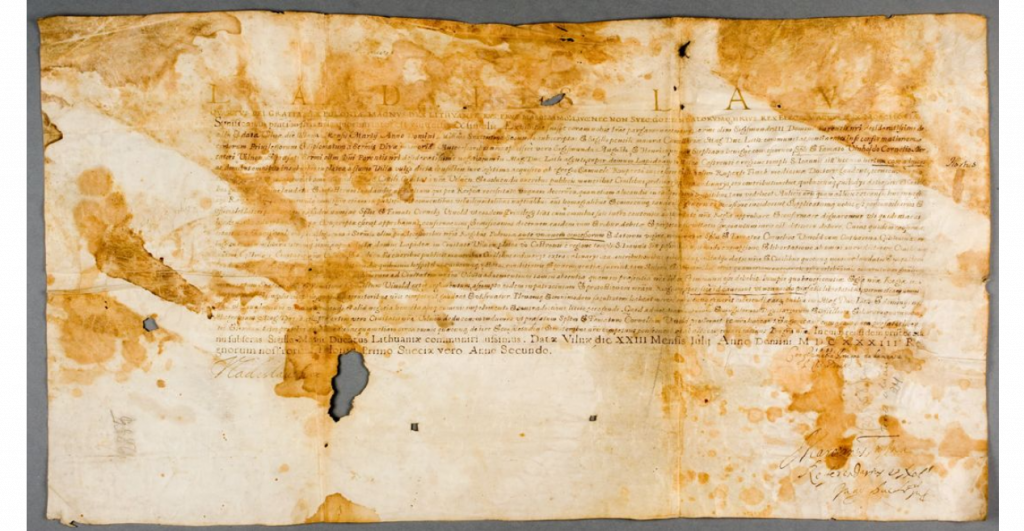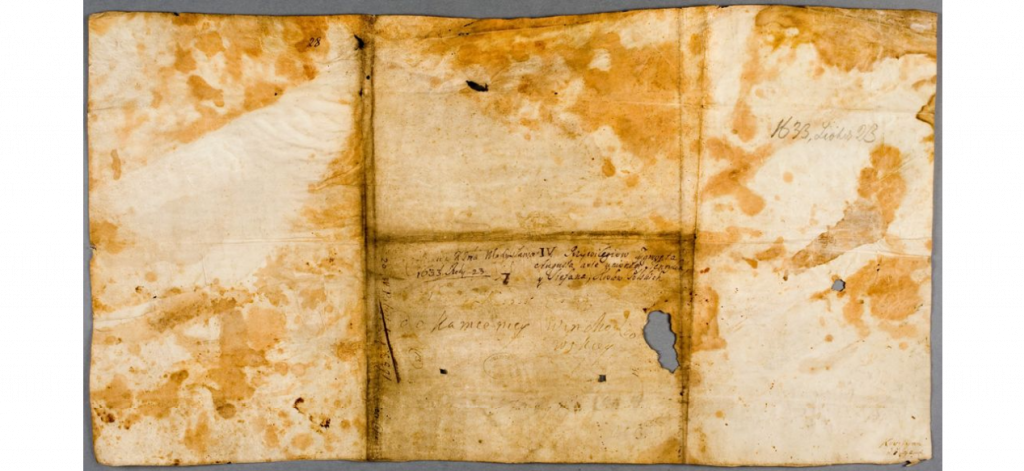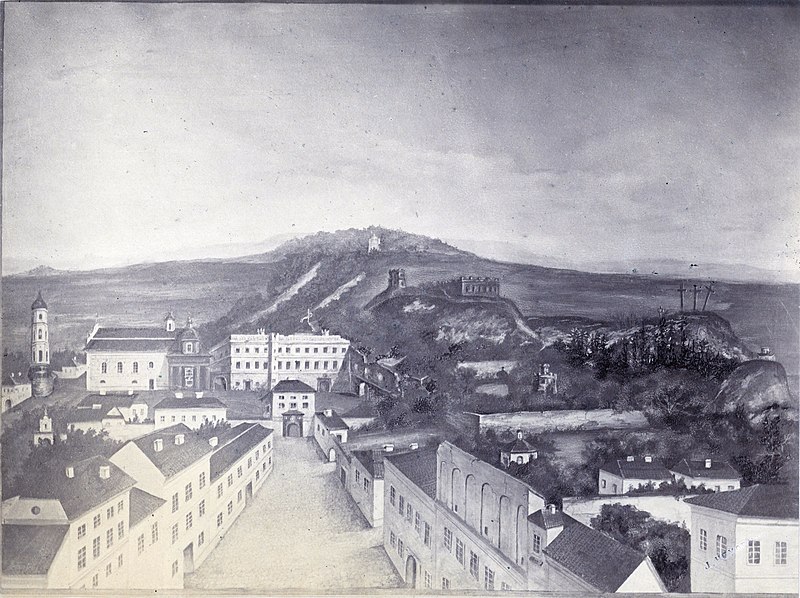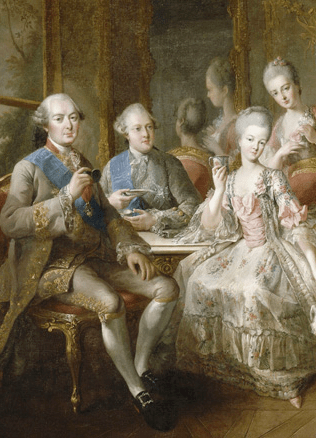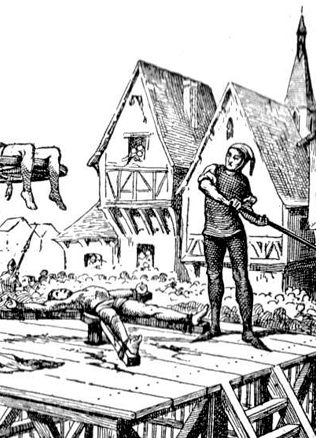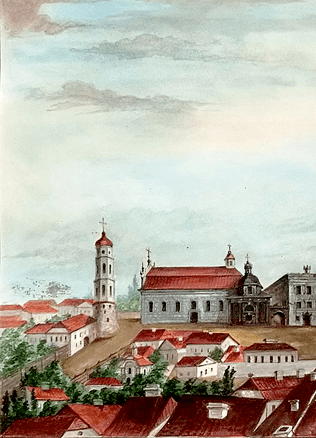Love Story of Cornelius and Catherine from the Castle Street
Humans live among scents and sounds, love and confusion, songs and quarrels, failures and dreams of a brighter future. Stories of daily lives our distant ancestors led are what usually fascinates the modern reader most. Ironically, the scarcity of extant documents fails to inform us about the quotidian life in the 14-15th century Vilnius, let alone the earlier periods of our history. Only around the 1500s the heavy fog starts to lift. One hundred years on, history no longer contents itself with a life of an accidental individual, but paints a picture of entire families, communities, and neighbourhoods, whose lives merge and intertwine.
This is such a story from the early 1600s, reconstructed from letters and other documents.
Offspring of wealthy families
Cornelius Winhold and Catherine Giblówna, then in their mid-teens, both lived on Castle Street in Vilnius, their homes just a hundred metres apart.
“
Cornelius II Winhold, born in 1600, was the son of a wealthy merchant Cornelius I Winhold, who moved to Lithuania from the Netherlands in the late 16th century. The year Catherine was born remains unknown, but she was also born in a respectable family. Her father hailed from the German lands and served as a burgomaster of Vilnius.
Cornelius II Winhold, born in 1600, was the son of a wealthy merchant Cornelius I Winhold, who moved to Lithuania from the Netherlands in the late 16th century. The year Catherine was born remains unknown, but she was also born in a respectable family. Her father hailed from the German lands and served as a burgomaster of Vilnius.
None can tell when exactly Cornelius and Catherine did fall for each other, but their romance did not last long before facing serious trials.
The Winhold family did their best to provide Cornelius with the best possible education, therefore after his graduation from Vilnius Calvinist School, Cornelius was sent on a “pilgrimage through schools”. In 1615, being barely 14 years of age, Cornelius enrolled in the University of Marburg. One year on, he studied in Basel before continuing his education in the universities of Amsterdam (in the summer of 1620) and Paris (in the spring of 1621).
Letters to Vilnius
Cornelius did not forget Catherine. He sent her many letters, but only two messages to his cousin have survived to our day.
Do You Know?
It looks like he applied a little trick to “encrypt” his letters. The one he sent from Amsterdam was in Polish, but the address was in German. The letter from Paris was in German and the address was in French.
What did Cornelius write to his cousin? He asked about the health of his parents and relatives, described the parties he attended, and sent his best wishes to the beloved Catherine and did so in Baroque eloquence: “In gratitude for her kindest regards, I ask you to give Her Grace Miss Catherine my deep bow and my most sincere service as I am striving for Her Grace’s kindness and friendship. And if ever an opportunity arises, I beg you not to forget to give Her Grace my hug and a kiss […].”
Cornelius was twenty when writing this letter. At that point, he had not seen his lover for over six years.
A rival in Vilnius
A year later, in the spring of 1621, frustrating news reached Cornelius in Paris. “As far as I understand from your letter”, he writes to his cousin, “Gibel’s daughter has been engaged to Simon Engelbrecht, and you suggest that unless I promptly return, I will have no girl.”
“
It seems that God’s advice reached Cornelius soon enough, because he soon returned to Vilnius and next year, in 1622, married his beloved Catherine.
Simon Engelbrecht lived on Castle Street too and the prospects of marrying a wealthy and beautiful girl were alluring. Cornelius, however, replied to the worrisome news in a rather self-assured manner. Perhaps because he did not have a way to directly face his opponent or perhaps because he just wished to show self-confidence. “I don’t care at all whether that or any other man wants to harm me or pull a dirty trick on me”, he wrote. “Even if it were so that I would not find a [suitable] girl [in Vilnius], there are plenty of other places I could try. I am now travelling and do not want to worry much about this, but when the time comes, God will send his advice.”
It seems that God’s advice reached Cornelius soon enough, because he soon returned to Vilnius and next year, in 1622, married his beloved Catherine.
Love and calculation
Throughout the Early Modern Period parents’ plans for children’s future were much more important than they are today. It was a widespread practice to thoroughly examine the financial position of both parties before the marriage was authorised. State system of social support was non-existent, therefore people married only after detailed assessment of their economic future. However, feelings were important therefore sons and daughters had the final word.
“
State system of social support was non-existent, therefore people married only after detailed assessment of their economic future. However, feelings were important therefore sons and daughters had the final word.
Cornelius and Catherine lived in the Winhold house on Castle Street 20. Judging by its surviving inventory, they had everything the beginning of the 17th century could offer: a separate kitchen, rooms for servants, storage areas, cellars for food and wine, windows of Venetian glass, and even running water. As they were educated people, their estate boasted a library that also housed the family archive.
Family life blessed them with five children, but only one of them – the eldest son Jacob – outlived his parents. Cornelius II Winhold died in 1638 at only 38 years of age. His wife Catherine Giblówna passed away in about 1644.
Nobody knows why, but the muses kept visiting the house on Castle Street 20. In the 18th century, it accommodated the College of Nobles. During the Soviet occupation, between the 1960s and late 1980s, it housed “Vaiva”, one of the few cafés in Vilnius. Extremely popular among punks, hippies, and students, it witnessed them consuming innumerable quantities of coffee, tea and much stronger liquids, smoking thousands of fetid Soviet cigarettes and occasionally falling in love.
By Darius Baronas
